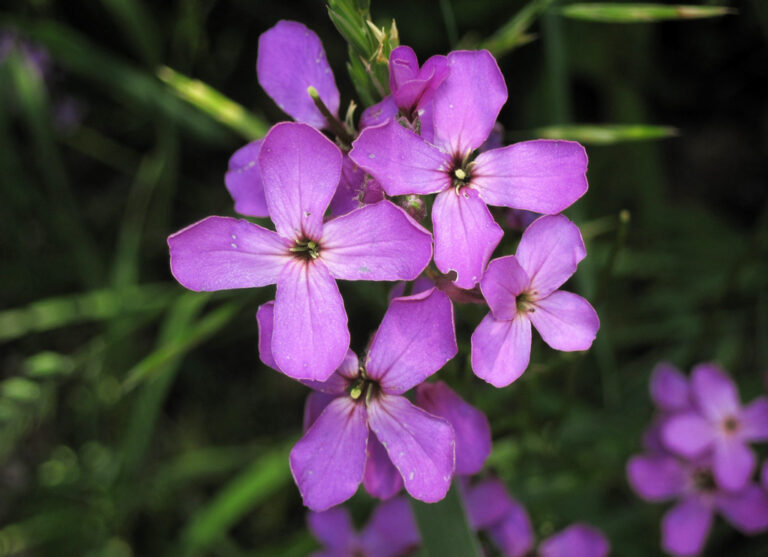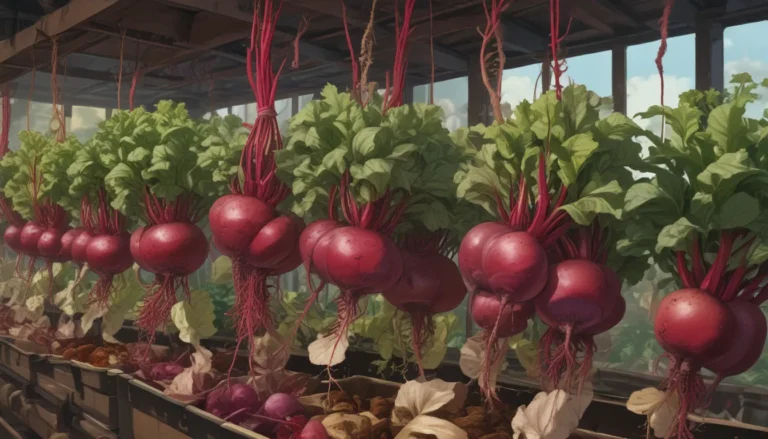Exploring the Wonders of Kohlrabi: A Nutritional Powerhouse

If you’ve never heard of kohlrabi before, you’re in for a treat! Despite its odd name, the health benefits of this unique vegetable are nothing short of impressive. So, let’s dive into the world of kohlrabi to discover all the reasons why you should consider adding it to your diet.
Unpacking Kohlrabi
What exactly is kohlrabi? Well, it’s a cultivar of wild cabbage, belonging to the same family as broccoli, kale, Brussels sprouts, and collard greens – Brassica oleracea. The name “kohlrabi” has German origins, loosely translating to “cabbage turnip.” However, unlike turnips, kohlrabi is not a root vegetable. The bulbous part of the vegetable grows above ground, resembling a turnip but with a broccoli stem-like texture and a sweet, mild flavor. In addition to the bulb, the leaves of the plant are also edible and offer a kale-like taste and texture.
The Nutritional Bounty of Kohlrabi
Raw kohlrabi is a versatile addition to dishes, offering a nutritional punch with low calories and high nutrients. A cup of raw slices contains 36 calories, 2.3 grams of protein, no fat, and 8.4 grams of carbohydrates. It’s rich in fiber, providing 4.9 grams per cup, along with over 100 percent of the daily value of vitamin C, 11 percent of phosphorus, and 10 percent of potassium. The leaves of the plant also contribute vitamin C, vitamin K, and fiber to its nutritional profile.
Discovering the Health Benefits
Now that we know the nutritional value of kohlrabi, let’s delve into the various health benefits it offers.
-
Antioxidant Power: Kohlrabi’s high vitamin C content delivers powerful antioxidants that combat free radicals and reduce inflammation in the body, potentially preventing chronic diseases such as heart disease and diabetes.
-
Immune Support: In addition to vitamin C, the prebiotic fiber found in kohlrabi supports a healthy gut microbiome, enhancing the immune system’s ability to fight infections.
-
Collagen Production: Vitamin C in kohlrabi plays a crucial role in collagen production, aiding in tissue repair when needed.
-
Blood Pressure Regulation: High in potassium, kohlrabi can help lower blood pressure. By reducing sodium intake and opting for healthy vegetables like kohlrabi, you can further support optimal blood pressure levels.
Exploring Cultivars
If you’re tempted to reap the benefits of kohlrabi, consider growing it in your garden. The ‘White Vienna’ and ‘Purple Vienna’ cultivars are popular choices, known for their mild flavors, versatility in culinary applications, and suitability for cooler climates. Whether you opt for the white or purple variety, both offer similar nutritional values, with the outer flesh providing additional health benefits.
Embracing Kohlrabi in the Kitchen
Ready to bring kohlrabi to your table? This versatile vegetable can be enjoyed in a variety of ways. From raw applications like spiralized slaw to fried delicacies paired with a cilantro yogurt dipping sauce, kohlrabi promises a flavorful and nutritious culinary experience. Share your favorite kohlrabi varieties and recipes in the comments below to inspire others to explore this veggie’s potential.
In Conclusion
As we conclude our journey through the world of kohlrabi, it’s evident that this humble vegetable packs a nutritional punch worth savoring. Whether you’re seeking antioxidant protection, immune support, collagen production, or blood pressure regulation, kohlrabi stands ready to deliver on its promises. So, consider including this powerhouse vegetable in your diet and witness the transformative impact it can have on your well-being.





